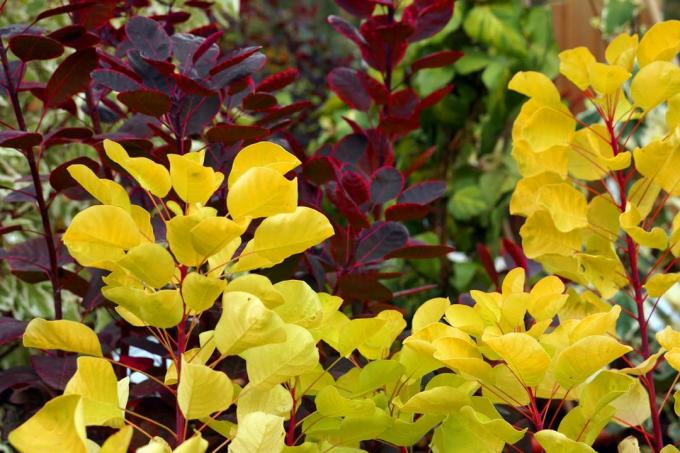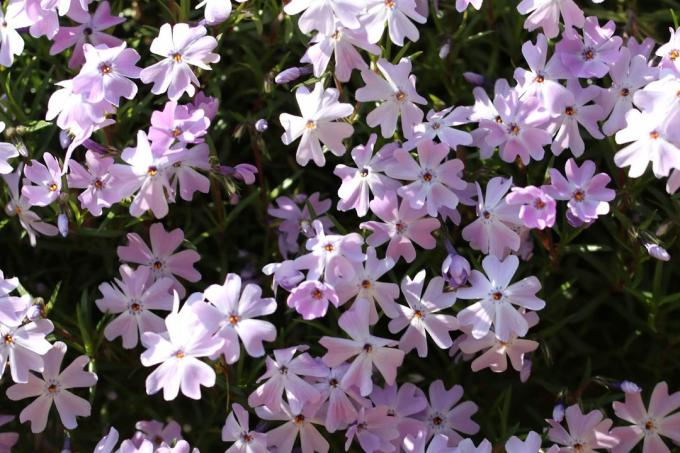This category is titled “P” for primrose, “P” for “magnificent colors in the garden” or “planned design of the garden” could also be the motto.
Because the very important task of garden design lives from both elements, only a well-planned garden in which the colors have been skillfully coordinated has a harmonious effect. Planned garden design initially means dividing the garden into several different garden areas, each of which has a different role to play within the garden ensemble. For some garden owners, matching the colors means tastefully mixing as many bright colors as possible other garden owners is all about a wonderful succession of slightly differently toned plants to hand each other
And the primrose can do all of that: The subdivision into garden areas can be varied with hedges or metal bed borders, but also with a bed border with primroses. Because the primroses can be planted excellently at the edge of beds, where they already set accents when the inner plants bloom much later. The primroses always provide color accents: very early in the year they cover entire sections of the garden in many bright colors, you can buy the primrose in red and yellow, in white and in blue, or you create a color sequence of similar ones tones.
Otherwise, primroses are quite undemanding, they smell nice and actually grow in any soil, most primroses even for several years. You should only take the time to remove faded flowers, then more flower buds can develop. Any special requests for individual primrose species are mentioned in the glossary entries for the individual varieties.
In the “P” category of our glossary you will also find palm trees and the Passive House Forum, smoke bush and parsley, pepper and Plant tonics, contributions to the importance of phosphorus for growth and bone strengthening and to explain photosynthesis and much more more.


garden editorial
9 minutesSmoke bush, Cotinus coggygria: Care from A - Z
Popular because of its filigree growth and its special foliage color in autumn, this ornamental bush acts as a real eye-catcher in the...

garden editorial
6 minutesPurple bells - profile, care tips and propagation
The Heuchera, the purple bell, originally comes from America, from Canada to Mexico. Today there are numerous beautiful...

garden editorial
6 minutespushkinia; Puschkinia libanotica – care for early bloomers
Blooms early, blooms enchantingly. Is hardy, durable and easy to care for. But despite all these advantages, the...


garden editorial
9 minutesLondon Plane, Platanus acerifolia - Planting & Care
The maple-leaved plane tree is a very good avenue tree, a fast-growing and tall tree with large leaves...


garden editorial
9 minutesPetunias, Petunia – common diseases and pests
Petunias are among the most popular balcony and tub plants. Their abundance of flowers and the numerous varieties in a wide variety of colors...

garden editorial
8 minutesPlant pampas grass - location, distance, fertilizing & Co
Pampas grass is garden usually stands out from the rest of the planting. This tall grass with its impressive inflorescences is...


garden editorial
7 minutesInstructions: Cut the chanterelle tree - this is how it's done!
The pipe bush is usually referred to as false jasmine, sometimes also as farmer's or summer jasmine. This blooming...

garden editorial
9 minutesPalm Trees - Species (Washington, Dwarf Date Palm)
In the trade you can see more and more palms that are offered as hardy. The question is what is hardy? Actually says...


garden editorial
8 minutesPhlox – Flame Flower (Phlox)
A comprehensive fact sheet about the phlox.
